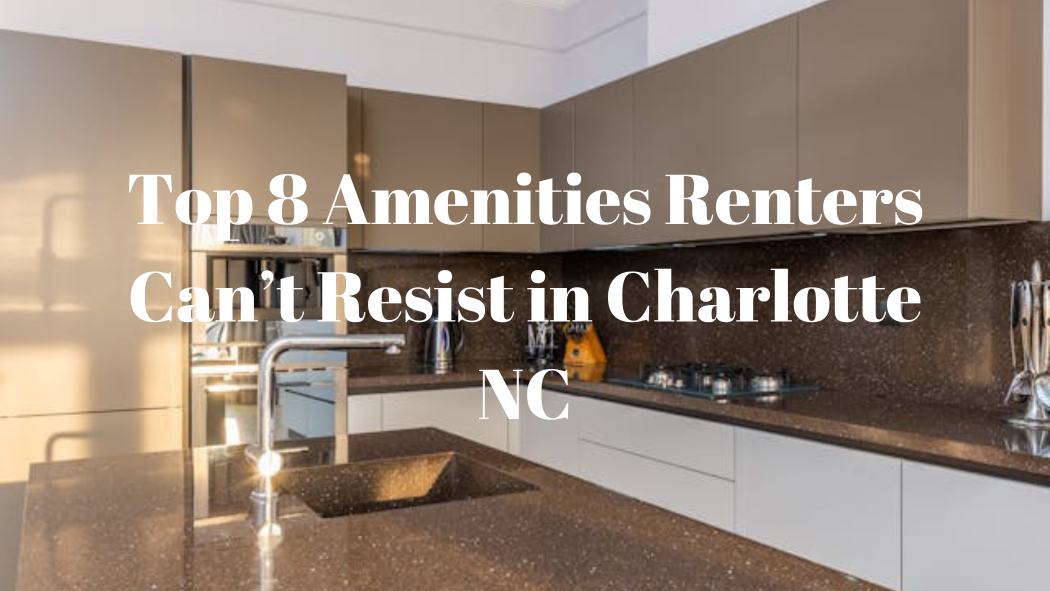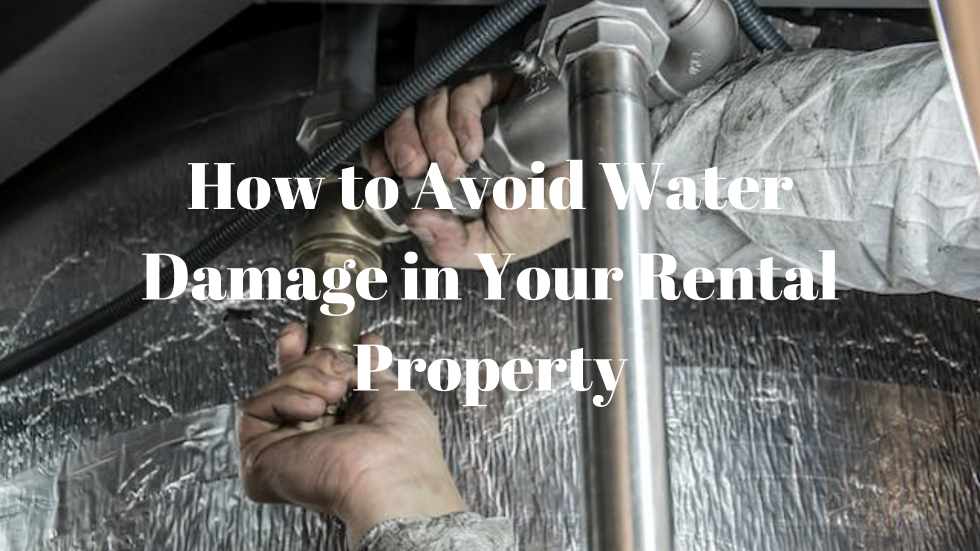Top 11 Questions to Ask When Hiring a Property Manager
A property manager can make all the difference between a poorly maintained property that causes you problems and a well-maintained rental property that earns you money. Thus, finding a good property manager is critical to your investment success.
Of course, all property managers aren’t created equal. So, how do you ensure you hire the right one? Well, you can start by asking the right questions. Here are some questions to ask when hiring a property manager.
Top 11 Interview Questions for a Property Manager
1. How many rental units do you manage?
Look for a property manager with a reasonable number of rental units under their management. If he or she manages too many units, you could get lost in the shuffle. Also, if the units are too few, it’s likely they are new or have lost clients.
Generally speaking, the Goldilocks level of “just right” is between 200 and 600 rental units.
2. What services do you offer clients?
This is an important question to ask a property manager because property management involves a ton of things. For example, advertising and marketing, tenant screening, leasing, property inspections and more. Since you are hiring a property manager to save on time, you should consider one who is able to do most, if not all, of the tasks.
3. Do you have experience managing rental properties?
If you’re wondering what to look for in a property manager, their experience is everything. An experienced manager could make managing your property easier and could actually save you money.
He or she will know how well to advertise your vacant rental units. He or she will also have an in-depth knowledge of the legal aspects related to your property. An experienced manager will also be key to maintaining and increasing your property’s value.
4. Do you own rental properties yourself?
A good property manager should be an active real estate investor himself. If they don’t, then they probably lack the right knowledge to help you succeed.
5. How do you determine the right rent amount?
The right rent amount will attract the right renter. Charging the wrong rent, on the other hand, can have a devastating effect on your investment returns.
Therefore, you want to find a manager who is able to determine the right rent amount for your rental property. That i, one who has in-depth knowledge of what a comparable market analysis is.
Besides, he or she should be able to factor in other special aspects that your property has, such as a new kitchen or a pool.
6. What are your management fees?
Obviously, property managers don’t come free. Managers typically charge an average fee of between four percent and ten percent of the monthly gross income of the property.
A percentage fee is usually better than a flat rate. This is because with a flat rate, it means that the manager will still continue to charge you even when the property is unoccupied.
7. How long do your properties take to become filled?
Having a vacant property means a loss of rental income, and that’s the last thing any landlord wants to hear. Look for a manager with a maximum vacancy period of four weeks.
Anything beyond that means trouble, and anything below two weeks may suggest that your asking rent might be too low.
8. How do you market your properties?
The property manager should be using a variety of marketing methods to advertise vacant rental properties. That’s why this is a smart question to ask a rental property manager. For instance, using word-of-mouth, placing newspaper ads, using “For Rent” signs, using listing sites, and so on.
If the manager is just placing ads on newspapers and hoping for the best, continue your search.
9. Do you conduct property inspections?
Generally, there are four types of rental property inspections. They include move-in inspection, move-out inspection, drive-by inspection, and routine inspections.
If the manager doesn’t make property inspections, your property will be at risk. Property inspections usually require a small fee.
10. How do you collect rent from tenants?
Is the manager still asking tenants to bring checks to the office? If he or she is, continue your search. That might have worked well in the 80’s but times have changed now.
Nowadays, more and more landlords are collecting their rents online. This is because it is beneficial in two ways. One, it makes it harder for tenants to forget about rent payments. And two, it quickens the speed at which you can get paid.
11. What are your requirements for income and screening for rental applicants?
You want to make sure that the manager has a good tenant screening process in place. Key in the screening process is ensuring a renter has enough income to afford rent payments.
Largely, an applicant should be able to make at least thrice the amount of the rent.
These are the best 11 interview questions to ask when hiring a property manager. They will help you sift through the various applicants and focus only on those who will fill your needs.










